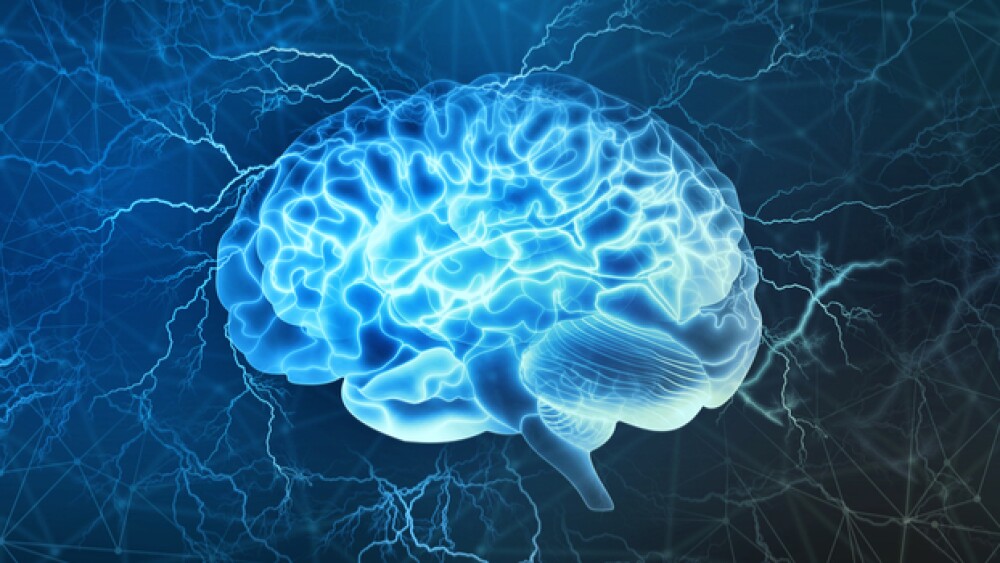In a recent paper published in Alzheimer’s and Dementia, a team of researchers is calling for more prospective studies that will look into the impact coronavirus disease 2019 (COVID-19) has on brain functioning.
In a recent paper published in Alzheimer’s and Dementia, a team of researchers is calling for more prospective studies that will look into the impact coronavirus disease 2019 (COVID-19) has on brain functioning, given the disease has been frequently associated with neurologic symptoms such as seizures and psychosis.
During the early stages of the coronavirus disease 2019 (COVID-19) pandemic, doctors and researchers alike began to receive reports from patients who said they experienced noticeable neurologic symptoms. These symptoms largely included the loss of taste and smell and lasted far beyond the point of general recovery. These reports hint that the novel coronavirus may cause immediate and possibly lasting neurological damage, but current understanding of the longitudinal impact of the disease remains unclear.
Researchers found that SARS-CoV-2, the novel coronavirus responsible for COVID-19, affects nerves that carry vital information from the nose and into the brain. The virus itself may not be responsible for potential damage, claims neurologists, but the body and brain’s response to the virus may be to blame. Hospitalized patients with COVID-19 are often discharged with symptoms suggestive of brain injury, including memory problems and impairments in mental functioning. While most patients appear to experience improvements in brain function as they recover, some patients may be at risk for long-term consequences.
A recently published study in a December issue of the New England Journal of Medicine examined brain tissue obtained from 19 patients with COVID-19. The investigators of this study found widespread inflammation and damage in the brain tissue as well as uneven leaking from very small blood vessels in the brain. According to the researchers, this evidence was similar to that observed in tiny strokes that occur in different brain regions.
In December, a study in Nature Neuroscience showed that SARS-CoV-2 crosses the blood-brain barrier, which likely explains why some patients experience cognitive deficits and reported “brain fog.” This study, conducted by researchers at the University of Washington School of Medicine and Puget Sound Veterans Affairs Healthcare System, suggests the “cytokine storm,” an important disease severity marker, may also be involved in the neurological effects of the disease.
Overall, these findings might provide more insight into why some patients with severe COVID-19 report a variety of neurological symptoms. What’s more concerning is that the inflammation and leaky blood vessels found in these patients may make the brain more susceptible to further damage.
In the paper published in Alzheimer’s and Dementia, the authors announce they have formed the central nervous system (CNS) SARS-CoV-2 Consortium to investigate the virus’ impact on the CNS and how it relates to later-life cognitive function, Alzheimer’s disease and other dementias. The consortium, which includes a multidisciplinary team of expert representatives from more than 25 countries, will recruit patients who have been hospitalized for COVID-19 or who had previously or currently participated in international COVID-19 trials.
The first study conducted by the CNS SARS-CoV-2 Consortium will evaluate previously hospitalized patients with confirmed COVID-19 who will be evaluated at follow-up dates of six, nine and 18 months after discharge. The other group of patients enrolled in international research studies will be evaluated for additional measures and markers of the disease’s underlying biology.





